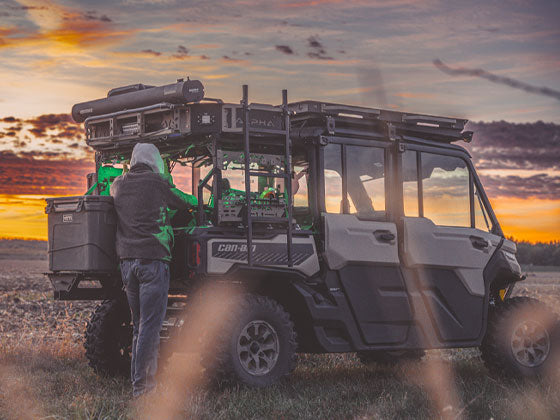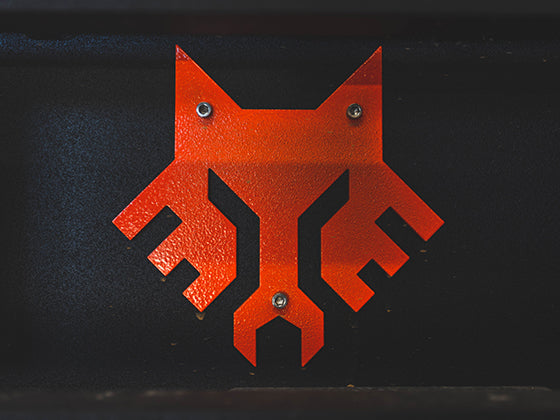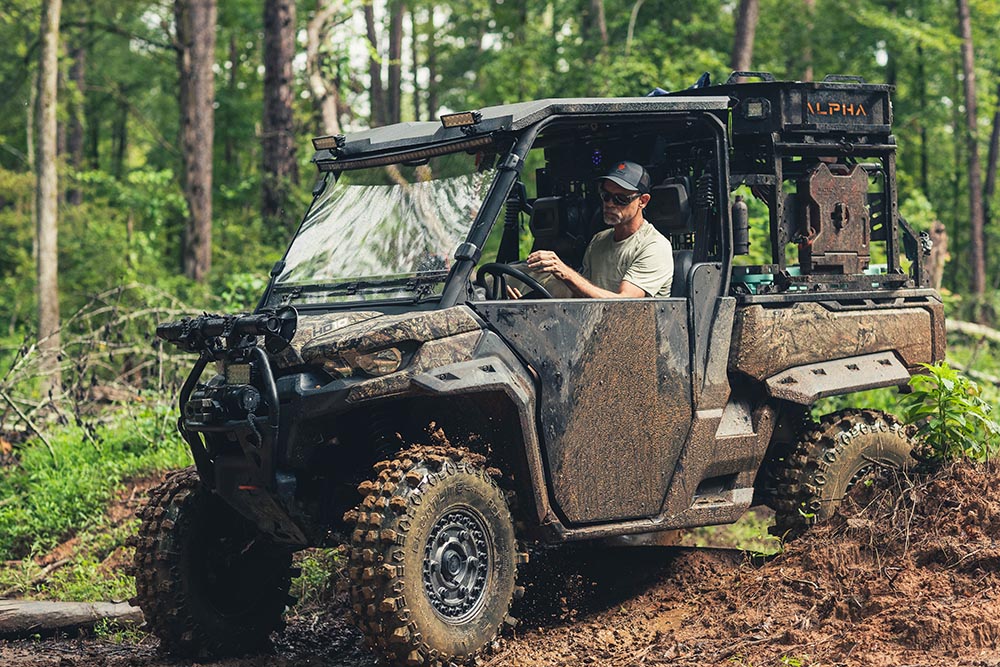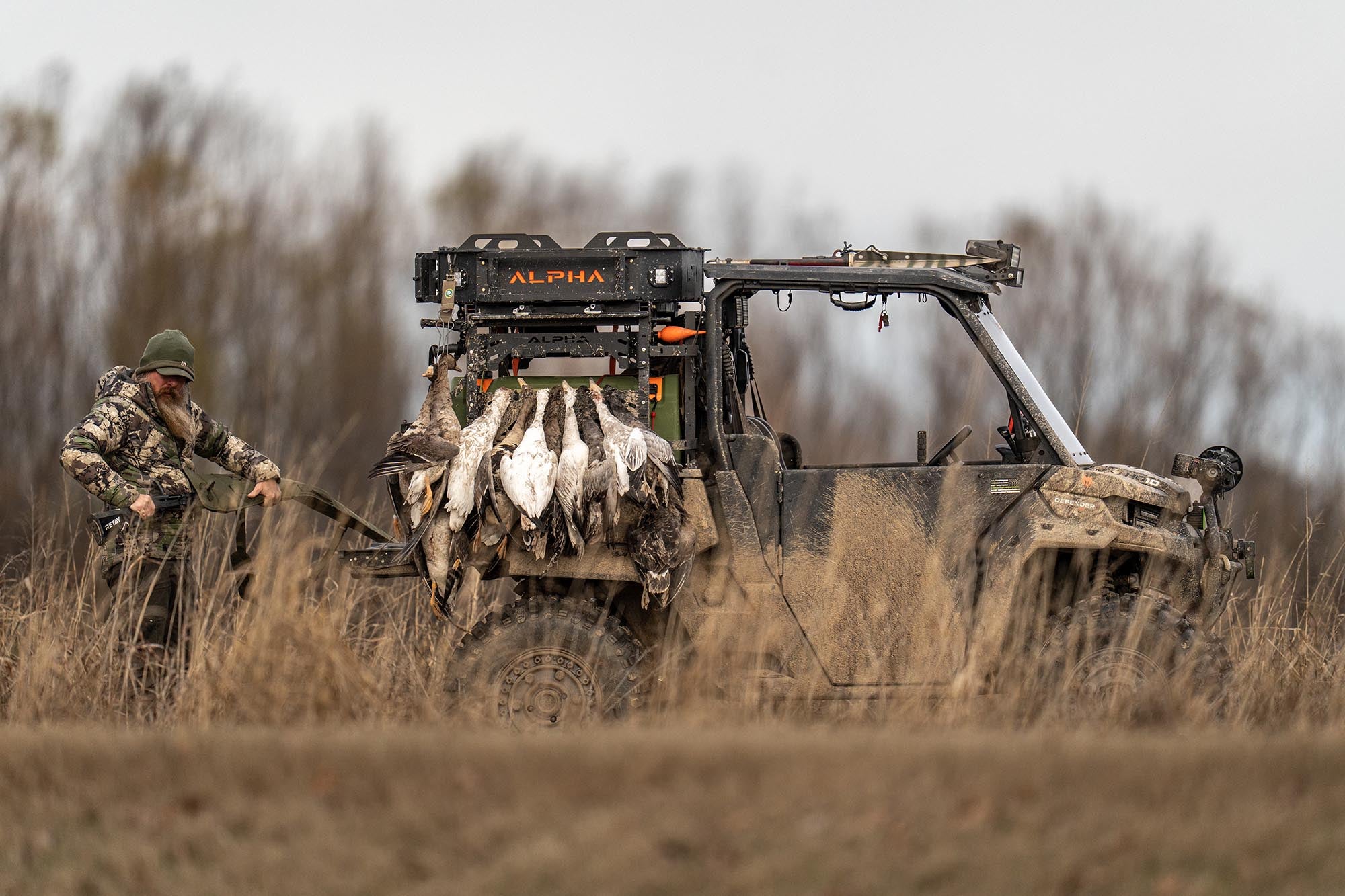Hunting is a timeless and deeply rewarding outdoor activity that connects individuals with the outdoors and the age-old tradition of providing for oneself. While it might seem simple on the surface, successful hunting involves a process that encompasses careful planning, preparation, the exciting pursuit of game...aka - the hunt, and the ultimate celebration of the harvest. Let's explore each step in detail.
Step 1: Plan
The planning phase is where every successful hunt begins. It involves research, scouting, and setting clear objectives. Here's what it entails:

Research: Begin by researching the specific game species you intend to hunt. Learn about their habits, habitats, and seasonal patterns. This knowledge will help you identify the best time and place to hunt.
Regulations and Permits: Familiarize yourself with local hunting regulations and obtain the necessary permits and licenses. Compliance with these rules is crucial for both ethical and legal reasons.
Location Scouting: Scout potential hunting locations beforehand. Explore the terrain, mark potential blind or stand locations, and note any signs of game activity like tracks, scat, or rubs.
Gear and Equipment: Make a checklist of the gear and equipment you'll need for the hunt. Ensure everything is in good working order, and stock up on essential supplies like ammunition, clothing, and food.
Step 2: Prepare
The preparation phase is about getting yourself and your gear ready for the hunt. Attention to detail is key here:
Physical Conditioning: Hunting can be physically demanding. Engage in regular exercise and practice shooting to stay in shape and maintain your marksmanship skills.
Gear Inspection: Thoroughly inspect and clean your firearms, optics, and other equipment. Ensure that everything is functioning correctly and zero in your scope if necessary.
Survival Skills: Brush up on essential survival skills such as first aid, navigation, and fire-building. Being prepared for unexpected situations is paramount to your safety.
Step 3: Pursue
The pursuit phase is where the thrill of the hunt truly begins. It's the culmination of your planning and preparation, and it requires patience, stealth, and skill:

Hunt the Wind: Hunting the wind is a skill, one learned, that can give you more success when hunting. There are a wide range of products to help masks your scent but they do not replace the need to think through how the wind will affect your hunt.
Silent Approach: Move quietly and slowly through the hunting area, using natural cover and terrain to conceal your presence. Avoid sudden movements and noisy activities.
Patience: Hunting often involves long periods of waiting and watching. Be patient, stay alert, and be prepared to seize opportunities when they arise.
Ethical Hunting: Only take shots that you are confident will result in a clean and humane kill. Ethical hunting principles emphasize respect for the animals and their environment.
Safety: Maintain strict firearm safety protocols at all times. Know your target and what lies beyond it. Communicate with fellow hunters to prevent accidents.
Step 4: Celebrate the Harvest
Once you've successfully harvested your game, it's time to celebrate your achievement:

Respect and Gratitude: Approach the harvested animal with respect and gratitude for the sustenance it provides. Ethical hunters recognize the importance of the hunt in the cycle of life.
Field Dressing: Properly field dress the animal to preserve the meat and minimize waste. Ensure you follow local regulations for processing and transporting the game.
Reflect and Share: Take a moment to reflect on your experience and what you've learned. Share your hunting stories and knowledge with others, fostering a sense of community and conservation.
Sustainable Harvest: Commit to ethical and sustainable hunting practices. Support conservation efforts and engage in responsible wildlife management.
Hunting is not just about the pursuit of game; it's a complete experience that tests your skills and fosters a deep appreciation for the outdoors. You may not call your process by these steps, but if you look at your hunting experiences, you’ll be able to see all four of them play out in some way.







